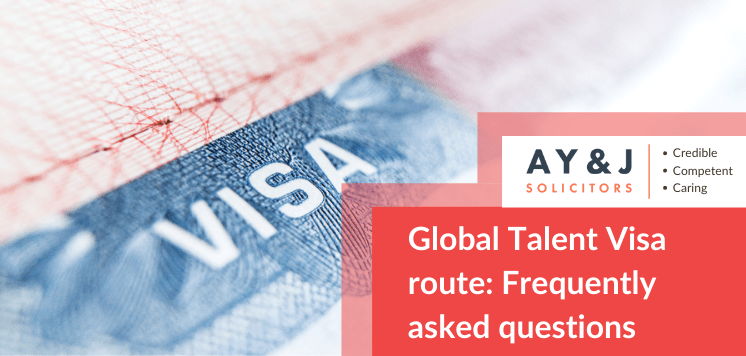Disclaimer: The information in this blog is accurate as of its publication date. Any updates after that date are not reflected here.
Are you moving to the UK and are unsure of the living costs? Or still, haven’t decided yet which part of the UK to move to?
We all know that the cost of moving a country cannot be totally predefined, but let us take this opportunity to learn a bit about the costs of living in the various parts of the UK.
London is the most expensive part of the UK to live in, so budgeting carefully can provide you with an upper hand.
It is quite pertinent especially for students or migrant workers to know the cost of living, as they might have to adjust their usual spending habits and even apply for part-time jobs to help support themselves.
Table of Contents
Is living in the UK too expensive?
There have been many surveys to understand the economic and financial situations of the people living in various countries across the globe. It has come to attention that living in the UK is actually quite expensive.
The UK has been declared as the 7th most expensive country in Europe and 14th most expensive in the world to live in.
The wages you earn and the city you live in will be large factors in determining what proportion of your income will be left to save or spend after you have provided for the basics.
What are the various costs you may have to bear?
1. Public Transportation: We all need to travel at some point and we cannot all afford private transport. The public transport network in the UK is well developed in major cities. You’ll need to plan ahead on how you travel and we would recommend the following:
- The Bus: You can top up your prepaid travel card and “pay-as-you-go” if you travel less frequently. To save money on frequent travel, you can get a monthly travel pass to the bus for £18 or a yearly travel pass for £700.
- The Cab: The minimum fare for a cab starts at £4 in London. It also includes a per-km price that varies.
- The Tube (Overground / Underground City Rail networks): this option is only available in London, Glasgow, Liverpool and Tyne-and-Wear (Newcastle). The fares vary in each city.
You can learn more about transportation and their costs at Expatica.
2. Accommodation: Finding suitable accommodation can be a bit challenging. If you are planning to rent a property, then the following may be helpful in understanding where to start looking:
| Type of Property | Placement | Price range (£) (per month) |
| One Bedroom | Outside the City | 460- 1800 |
| One Bedroom | City Center | 350-1300 |
| Three Bedroom | Outside the City | 500-2000 |
| Three Bedroom | City Center | 650-4000 |
You will often need to pay a deposit to your landlord and may need to provide rent guarantees before you can move in.
3. Food Prices: Well, we all gotta eat, don’t we? Eating out can cost you a lot on a regular basis but with so much choice, you may still choose to enjoy a take-away or restaurant meal, for those special occasions. There are many areas in the UK where you can interact with established communities and can find local restaurants and food centres offering meals, ingredients and delicacies from your home country and beyond.
A single meal at an inexpensive pub or restaurant averages at £10.
These are the basic expenses that you need to be prepared for. Needless to say, additional costs depend on your lifestyle.
When applying for a visa, you can connect with your immigration solicitor to enquire about the type of visa that might suit you according to your financial situation. It is also important to look into matters such as flight costs and health insurance, before applying for a visa.









